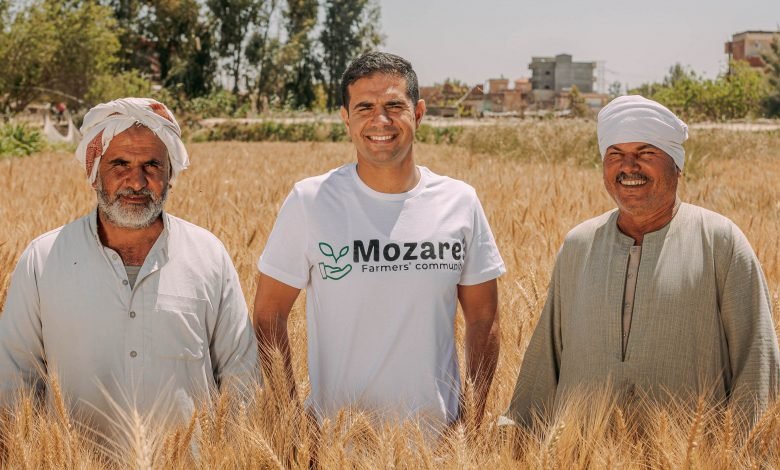Mozare 3 closes an undisclosed seven-figures pre-seed funding round

Egyptian Agri-Fintech platform Mozare 3 has closed a seven-figure pre-seed funding round led by Algebra Ventures and Disruptech Ventures, with participation from EFG-EV, and a group of reputable angel investors.
Mozare3 is a platform that serves more than 20 million underserved, unbankable smallholder farmers and their families in Egypt, by providing them with access to innovative financial products, markets, and agronomy support.
Mozare3 was founded in 2020 by Hussein Abou Bakr, Tamer El-Raghy with the support of Mohamed Okasha. As a third-generation agri serial entrepreneur, Abou Bakr brings to Mozare3 20 years of experience in small-scale and commercial farming, food processing, and international trading. Prior to Mozare3, Abou Bakr founded Plantform; a leading agri-processor and exporter that sourced from smallholder farmers in over 10 governorates in Egypt. Currently, the MD of Acumen Capital Partners; a leading impact Agri VC fund manager in Africa, El-Raghy brings more than 10 years of experience in M&A, PE, and VC investments in the agri and food space in Africa. Currently the MP of Disruptech Ventures, Okasha comes with over 12 years of experience in the fintech space as the co-founder Fawry and ex-MD
Hussein Abou Bakr, co-founder, and CEO of Mozare3 commented “Egyptian smallholder farmers have limited access to financing and no direct access to markets. We believe that an agri-fintech platform focused on those farmers, like Mozare3, would revolutionize the way farmers plan, farm, and sell their crops.”
Tamer El-Raghy, co-founder of Mozare3 added “While the agri sector contributes more than 10% of the GDP and 25% of national employment, farmland is very fragmented with more than 40% of the farms with an area of less than 1 acre. This fragmentation represents an opportunity for an agri-fintech platform, like Mozare3, to bring efficiencies to the supply side, by providing those farmers with innovative financial products, agronomy support, and access to markets, and hence turn those farmers into contract-farmers, in order to fulfill the growing demand of consumers, processors, and exporters.”





